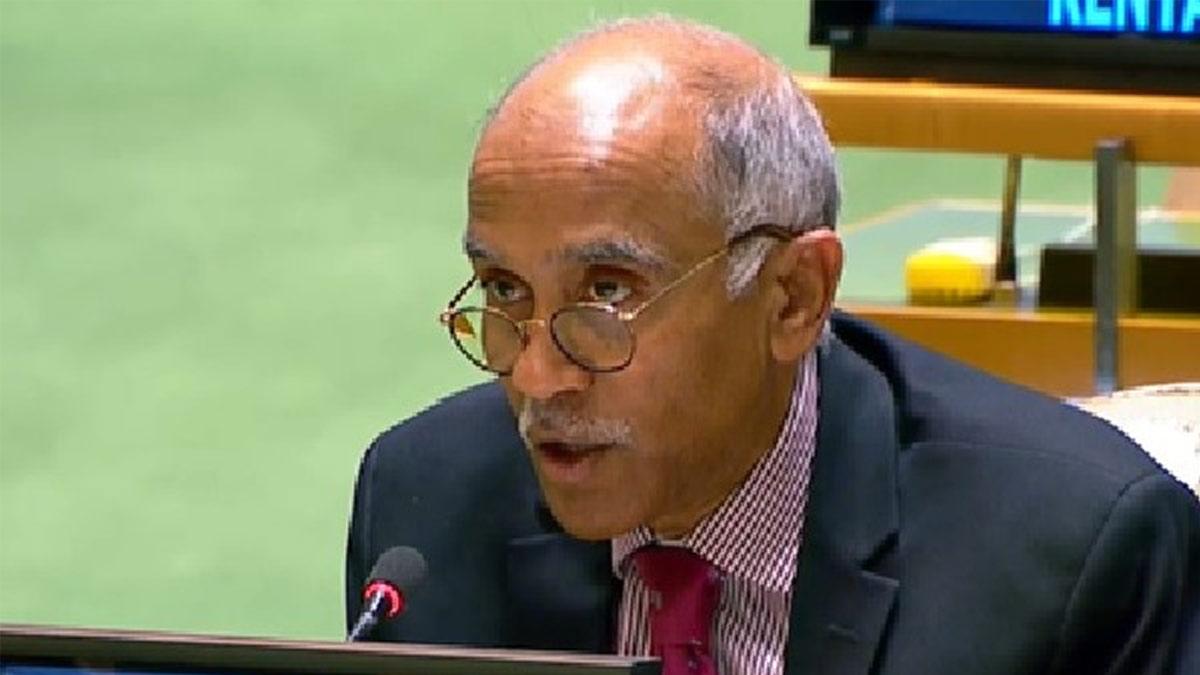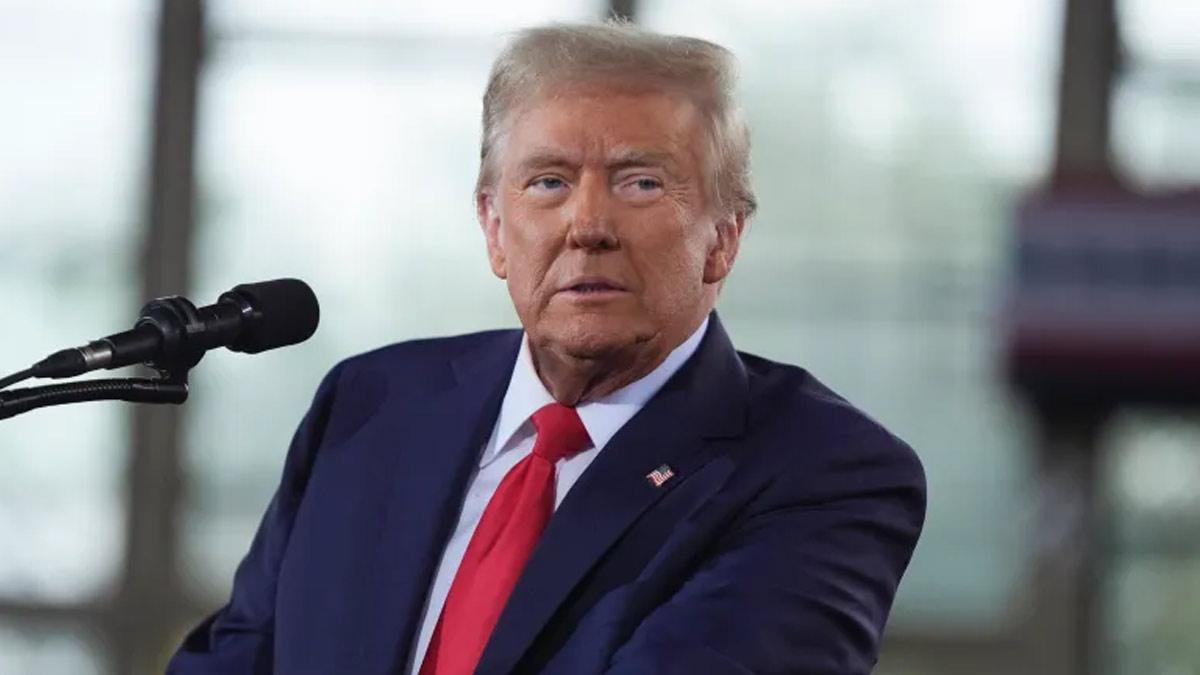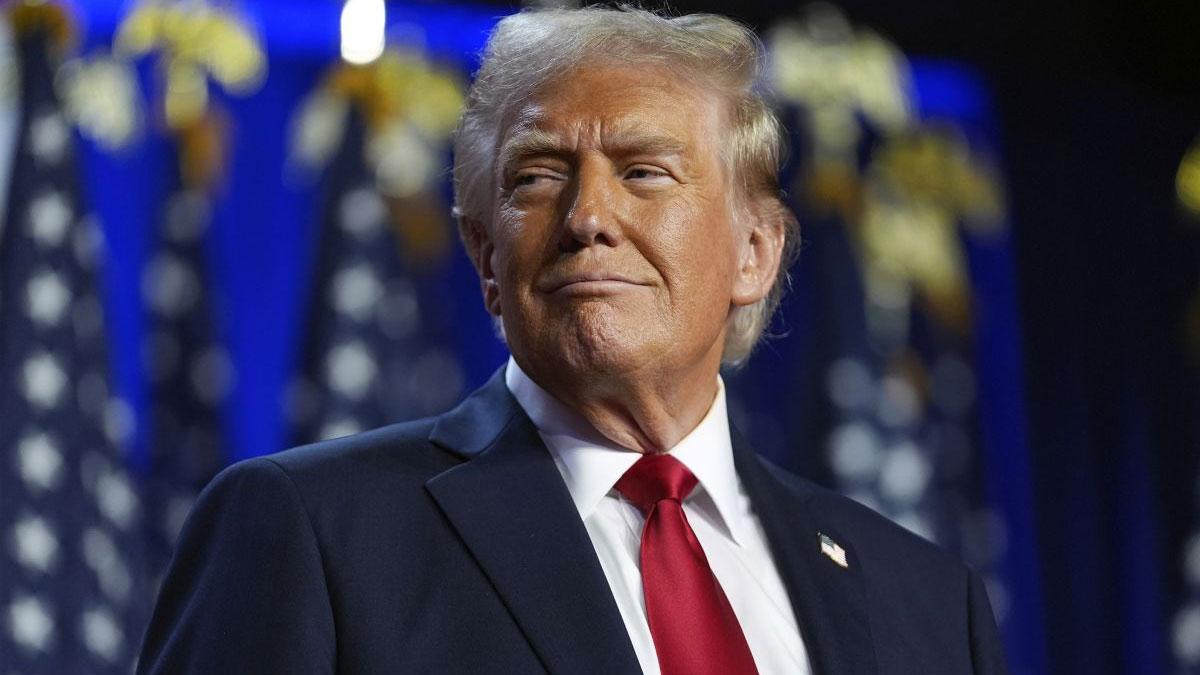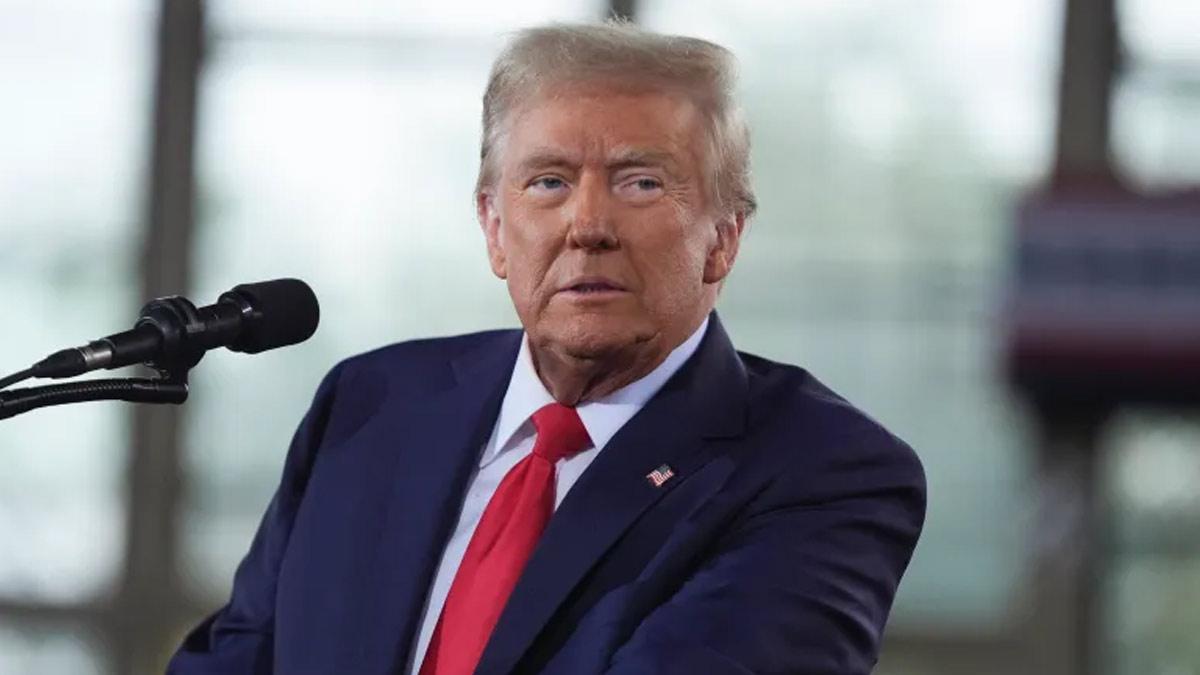India again called upon Pakistan to leave the illegally held land in Jammu and Kashmir and stop its efforts to rationalize state-sponsored terrorism.
To the repeated efforts by Pakistan to refer the Kashmir matter to the United Nations Security Council, India's Permanent Representative, P. Harish, responded on Monday that "Such repeated references neither legitimise their illegal claims nor sanctify their state-sponsored cross-border terrorism.
He also pointed out, "Pakistan still remains in illegal occupation of the state of Jammu and Kashmir to which it must withdraw." Harish also emphasized that this view is in tandem with Security Council Resolution 47, passed on April 21, 1948, wherein Pakistan is legally required to withdraw its troops and intruders from Kashmir.
"Jammu and Kashmir is, was, and will always be a part of India," Harish reiterated, adding, "We would like to caution Pakistan against attempting to distract the attention of this forum in order to pursue their parochial and divisive agenda."
Earlier, in a debate on peacekeeping's new challenges, Syed Tariq Fatemi, Pakistan's junior foreign affairs minister, appealed to the Security Council to implement its resolution asking for a plebiscite to be held in Kashmir.
But the same resolution also explicitly calls upon Pakistan to "ensure the withdrawal from the State of Jammu and Kashmir of tribesmen and Pakistani nationals not normally resident therein who have entered the State for the purpose of fighting." It also urges Pakistan to cease aiding militants and infiltrators and to prevent any further invasion or supply of material assistance to those engaging in hostilities in the area.
India contends that a plebiscite became impracticable once Pakistan undermined the process by failing to withdraw from Kashmir as called for by the resolution's conditions. India also argues that the matter of a plebiscite is now moot, citing that the people of Kashmir have all along proved their loyalty to India by taking an active part in elections and voting for local politicians.
Fatemi also referred to the UN Military Observer Group in India and Pakistan (UNMOGIP), set up in 1949 to supervise the ceasefire line along the Line of Control.
But India considers the UNMOGIP a redundant organization, especially since the 1972 Shimla Agreement made the Kashmir issue a bilateral matter with no room for third-party intervention. Since then, India has withdrawn UNMOGIP from a government-leased building in New Delhi, deeming its stay to be obsolete and unnecessary.
Read also| South Korean Court Reverses PM’s Impeachment, Reinstates Him as Acting President
Read also| Amid Trump’s Attack, Canada’s PM Carney Calls for Snap Elections


















